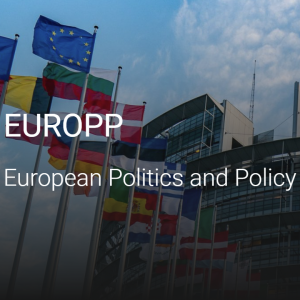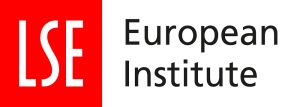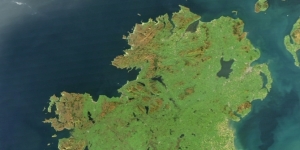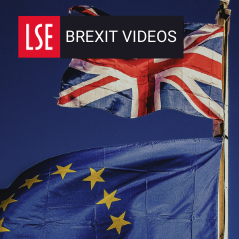Hosted by the European Institute and the Institute of Public Affairs
Stefaan de Rynck, Senior Advisor to Michel Barnier, Chief EU Negotiator for Brexit, will provide a state of play on the Brexit negotiations. He will focus on the Withdrawal Treaty and the nature of the transition and will address the current progress and possible ways forward.
Stefaan De Rynck (@StefaanDeRynck) is senior advisor of Michel Barnier, Chief EU Negotiator for Brexit, in charge of public engagement strategy and relations with think tanks. He is professor at the College of Europe since 2003, and also teaches on EU governance at the Collegio Carlo Alberto (University of Turin).
Kevin Featherstone is Head of the European Institute, Eleftherios Venizelos Professor of Contemporary Greek Studies and Professor of European Politics.
This lecture is part of the LSE Programme on Brexit. More details are available here.








